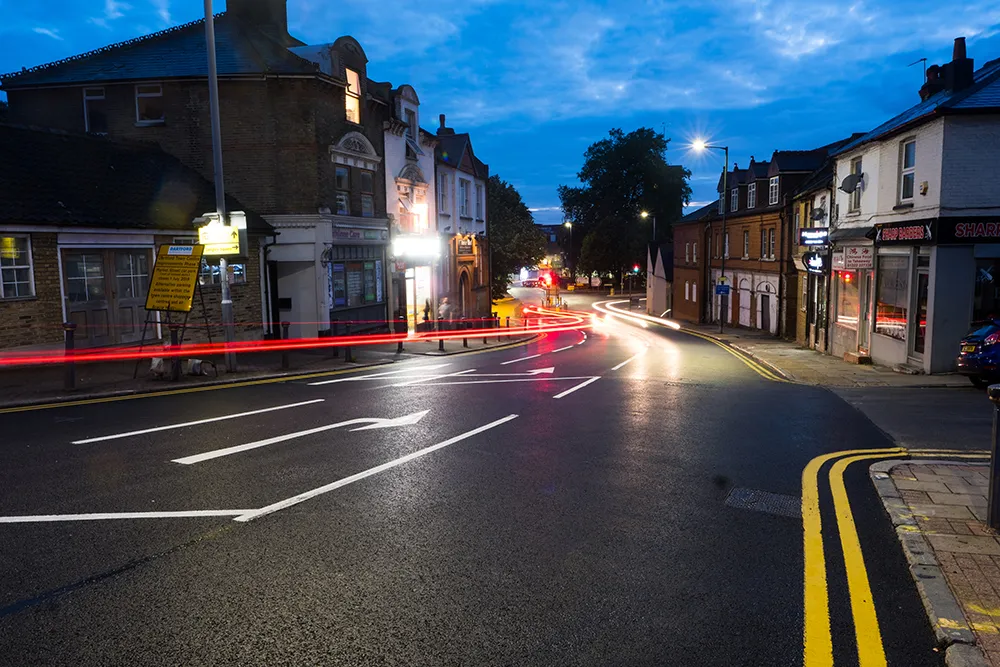
The council maintains 16,500 gullies. Around 95% of a gully’s content is natural and can be recycled: taken away to road contractor FM
But other items cause major blockages that can lead to serious flooding even after manageable rain levels. Since July, FM Conway has surveyed around 200 gullies with CCTV. Objects found include gold jewellery, knives, vehicle number plates and dozens of mobile phones. Notably, the council said that that gullies around building sites are often blocked with commercial waste – such as sand and concrete. Last year street cleansing teams were called to a gully that was bubbling with an unidentified florescent green liquid and a gully near Oxford Street was found blocked by five full sand bags.
Sometimes, as a last resort, cars must be lifted off the street to gain access to a drain – a costly and time-consuming process.
To counter all this, Westminster City Council is looking to ensure licensed building sites are covering all the costs of cleansing road gullies next to their premises. A sewerage surcharge could be the answer. It would be incorporated into structural licence fees paid by contractors and be based on the number of gullies likely to be affected by the company’s works. It would cover a charge for the council’s contractor and staffing costs associated with cleaning the affected gullies.
FM Conways’ work with CCTV footage is also helping discover pipes and gullies unknown to the council and from which the Greater London Authority is creating a comprehensive inventory. Cleansing teams do not know the condition of the pipe until they send in a push-rod camera. The footage reveals if repairs are needed. If a pipe is damaged the team pump in a liner, followed by a resin, which solidifies and creates a new lining which will last for up to 25 years. However, if a pipe has fully collapsed, no amount of lining will fix it and the pipe will require digging work.







